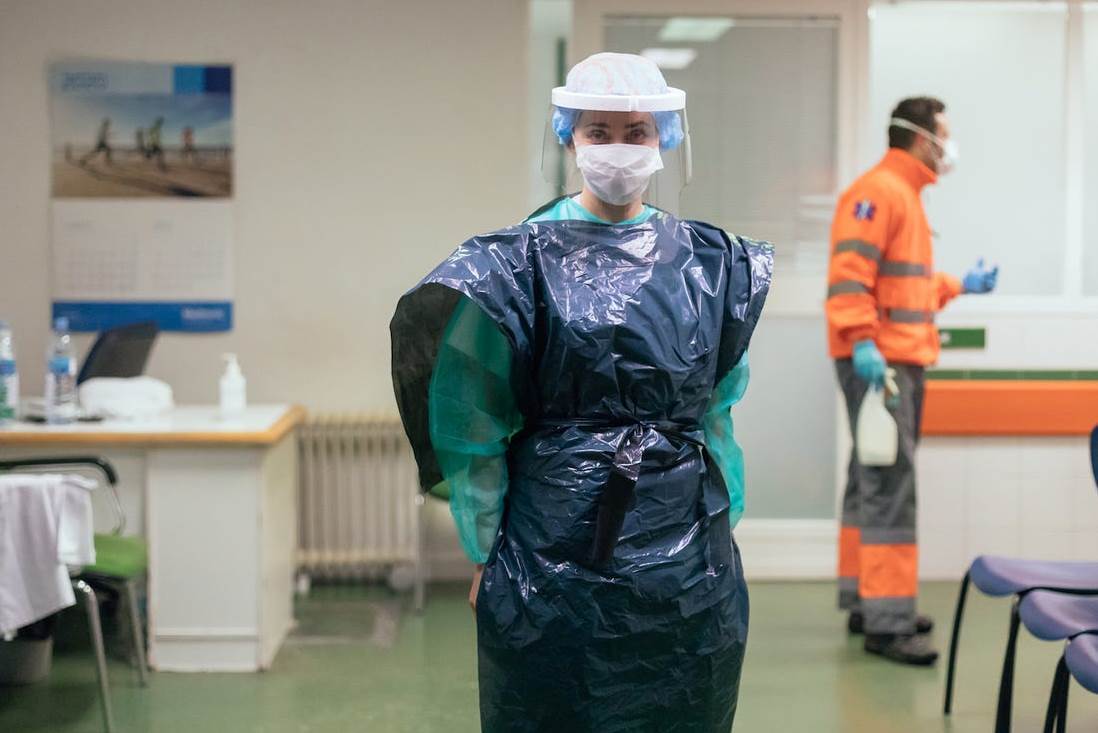Last Tuesday, California Governor Gavin Newsom enacted two bills that seek to guarantee that employers provide and store personal protective equipment for health care workers and impose fines of up to $25,000 on those who fail to comply. The majority of U.S. worker’s organizations say the PPE protections are long overdue. In contrast, providers say they’re already plagued with supply chain issues trying to meet the immediate need during the pandemic.
A.B 2537, which was approved by both the State Assembly and the Senate approved, obliges public and private general acute care hospitals to supply employees who provide direct patient care or services that directly support personal care with the PPE necessary to meet occupational safety standards obligations.
Among other amendments, the new law also requires hospitals, on or before Jan. 15, 2021, to be prepared to report to the Department of Industrial Relations, under penalty of perjury, its highest seven-day consecutive daily average consumption of PPE during the 2019 calendar year. It exempts general acute care hospitals under the California Department of State Hospitals’ jurisdiction from this requirement.
Also signed into law was S.B 275, which also passed both chambers and requires the State Department of Public Health and the Office of Emergency Services, in coordination with other state agencies, to establish a state PPE stockpile that safeguards an uninterrupted supply of PPE to healthcare workers.
Under this law, employers are also required to ensure that employees use the PPE supplied to them. From 1 April 2021, they must maintain a supply of specified equipment in equal to three months of regular consumption. They must also provide an inventory of their stock and a copy of their written procedures, as specified, to the Division of Occupational Safety and Health upon request. Those out of compliance could be fined up to $25,000.
The law established the Personal Protective Equipment Advisory Committee, consisting of representatives from an association representing skilled nursing facilities, a statewide association representing physicians, and labor organizations that represent health care workers, among other groups, to make recommendations for the development of guidelines for the procurement, management, and distribution of PPE.
While many supporters say this law will help bring more healthcare access to underserved and rural communities, opponents say that it won’t necessarily lead more nurse practitioners to work in these communities and lower the quality of care in such places.
We are working hard to create a safe environment for everyone.
As different governments strengthen their ordinances, we work hard to create a safe and clean environment for our front line workers and individuals at We Shield at most risk of contracting COVID-19. We source and distribute top-quality personal protective equipment and safety supplies at the best pricing on the market.
